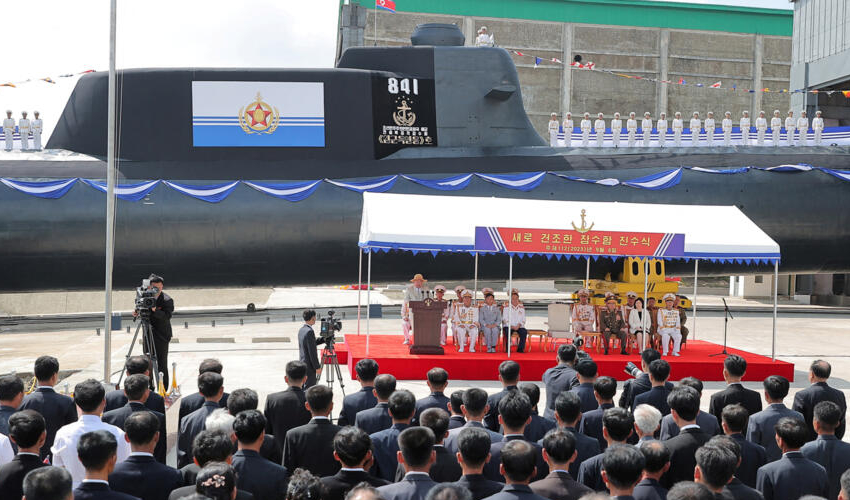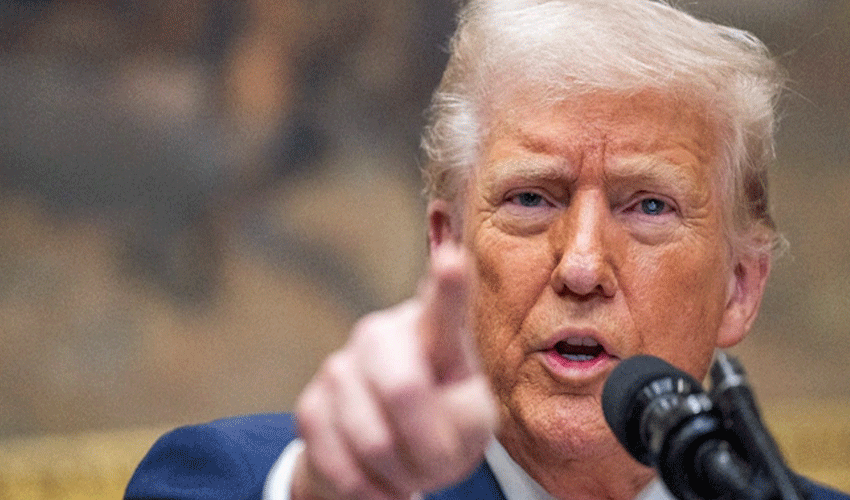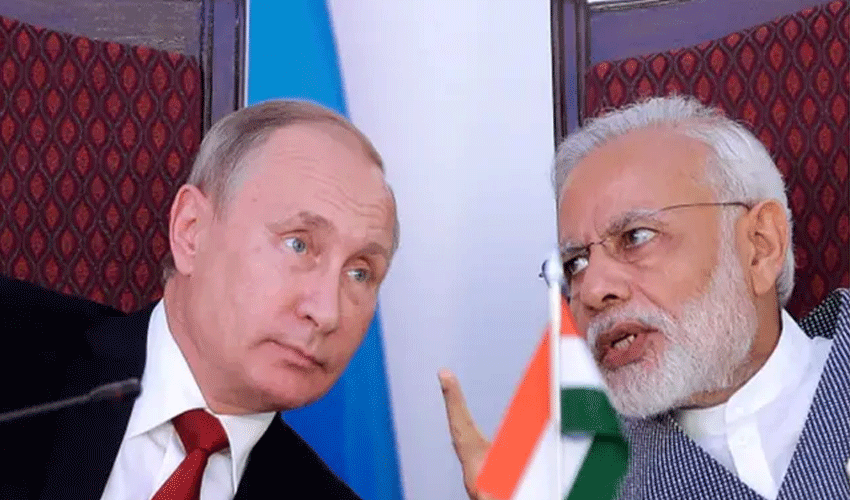In a significant development, North Korea has unveiled its first operational "tactical nuclear attack submarine," designated Submarine No. 841, and has assigned it to patrol the waters between the Korean Peninsula and Japan.
Leader Kim Jong Un declared this submarine, named Hero Kim Kun Ok after a North Korean historical figure, as a vital component of North Korea's naval force during the launch ceremony held on Wednesday.
Analysts speculate on submarine's capabilities
Experts suggest that Submarine No. 841 is a modified version of a Soviet-era Romeo-class submarine, originally acquired from China in the 1970s. With 10 launch tube hatches, the submarine is believed to be equipped with ballistic missiles and cruise missiles.
However, some experts question the practicality of such weaponry, as aging submarines like these tend to be noisy, slow, and have limited operational ranges, potentially making them vulnerable to anti-submarine warfare.
North Korea promises more Naval developments
South Korea's military has expressed skepticism about Submarine No. 841's readiness for normal operations, suggesting that North Korea may be exaggerating its capabilities. Despite the doubts, Kim Jong Un emphasized the urgency of arming North Korea's navy with nuclear weapons and pledged to introduce more underwater and surface vessels equipped with tactical nuclear arms for the naval forces.
Additionally, North Korea intends to convert other existing submarines into nuclear-armed vessels and accelerate its efforts to build nuclear-powered submarines.
International Concerns
The launch of this nuclear-capable submarine has raised international concerns, with South Korea and Japan condemning North Korea's actions. The United Nations Security Council has already imposed resolutions banning North Korea's nuclear weapons and ballistic missile programs.
While the submarine's designation as "tactical" suggests it may not carry ballistic missiles capable of reaching the U.S. mainland, it is still capable of targeting regional neighbors like South Korea and Japan. The international community remains wary of North Korea's nuclear ambitions and continues to monitor the situation closely.



























